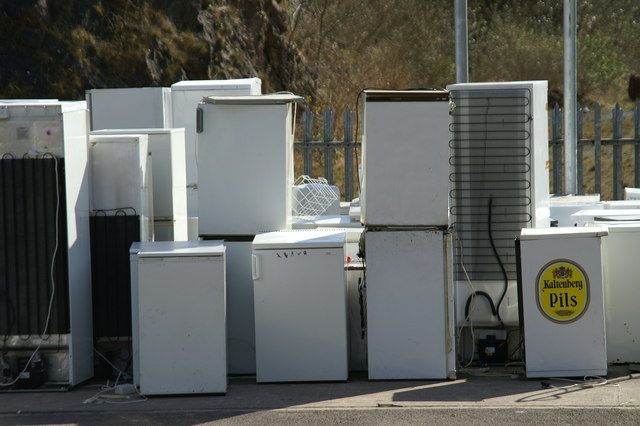Ozone friendly HFC’s cause climate change and must not replace CFC’s, says UN report
The success of the Montreal protocol has reduced the use of ozone damaging chemicals by 98 per cent and the reason for this success has lain in the ease of changing over to alternatives like HFC’s.

The success of the Montreal protocol has reduced the use of ozone damaging chemicals by 98 per cent and the reason for this success has lain in the ease of changing over to alternatives like HFC’s. Unfortunately, these HFC’s are on average 1,600 times more potent greenhouse gases than carbon dioxide and are now commonly used in refrigeration and aerosol propellants.
A UN report says that these HFC’s could now account for only around one per cent of all warming, but if their use is not curbed, they could account for as much as 20 per cent of forcing.
Unlike the success of the Montreal Protocol, the process of switching to an alternative may prove to be more difficult. However, not all HFC’s are the same, and those which stay in the atmosphere for the least time have less of an impact on climate change.
Possible solutions to the problem however, include: alternative methods and process (improving building designs to limit need for air conditioning for example), use of HFC alternatives, and use of shorter lifetime HFC’s. Essential in this process will be updating the global standards, which has taken place previously in the Montreal protocol and accelerating the uptake of these solutions by training and investment programs.
The COP17 climate summit in Durban will look at banning carbon credits arising from HFC use. Achim Steiner, UN Under-Secretary General and UNEP executive director of the United Nations Environment Programme (UNEP) has been particularly vocal at calling for action to be taken on HFC’s. This conference will be an important showcase for this issue, which has been somewhat ignored in the praise heaped upon the Montreal Protocol.






